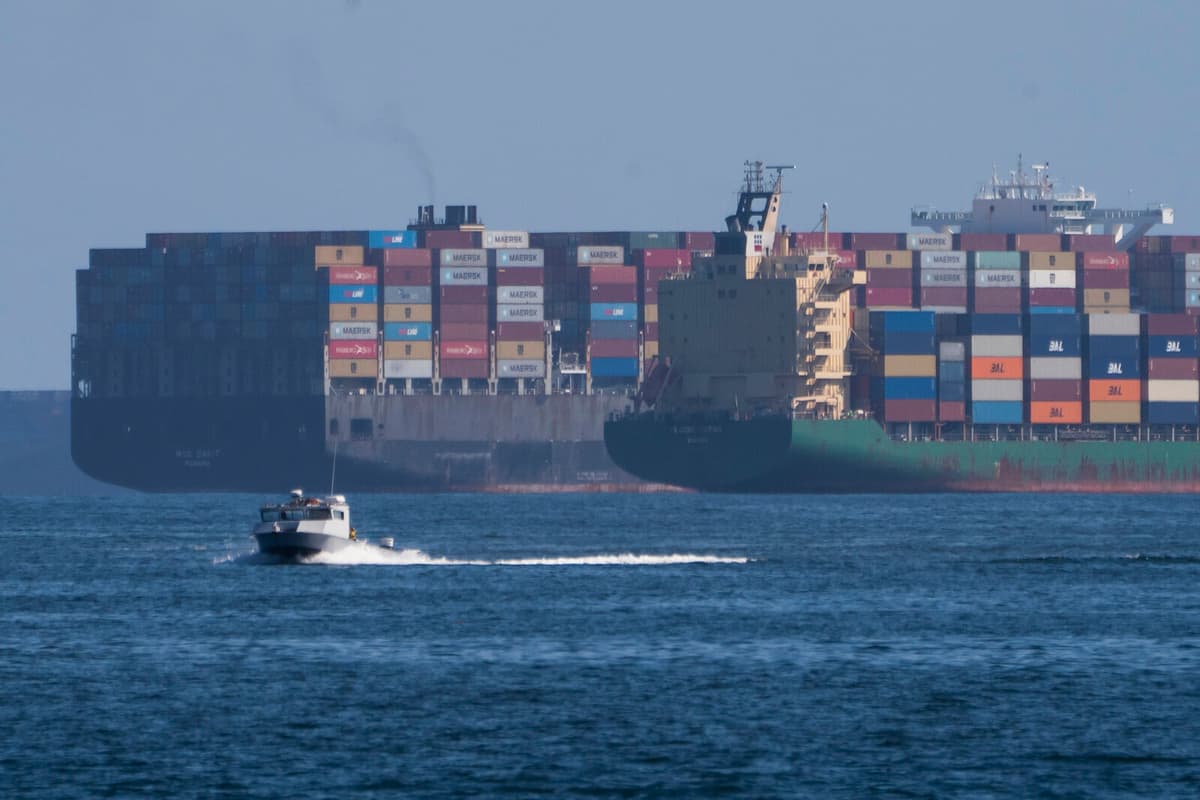Nearly 40 ports along the entire East Coast and Gulf Coast in the south – including major ports in New York, New Jersey, Savannah, and Houston – are affected.
The strike breaks out since employers and unions representing 45,000 port workers in the USA have not been able to agree on wage increases and new writings on automation issues in the agreement that expired at the turn of the month in September-October.
Containers and Car Parts
The port workers' union – International Longshoremen's Association (ILA) – has specifically targeted the strike actions against container traffic and deliveries of car parts and cars to and from the USA. Freight within energy, bulk goods, waste management, and road salt is exempt. Exceptions will also be made not to affect military ship traffic and cruise ships.
The strike is the largest in the USA's ports since 1977.
ILA has in its bid to the employers demanded a wage increase of 77 percent over six years – including to cover up for the inflation that has eaten away at the members' purchasing power in recent years. The union also wants to stop all forms of automation.
The employers have offered a wage increase of 50 percent and want to keep an earlier writing on a certain automation process.
"We are prepared to fight for this as long as it takes," says ILA boss Harold Daggett in a press release.
Analysts have warned that a prolonged strike can create major disruptions in supply chains, which in turn will push up prices in both producer and consumer levels in the USA.
Losses of 46 Billion
USA's outgoing president Joe Biden said as recently as on Sunday "no" when he was asked if he would stop the strike with reference to the Taft-Hartley Act, which gives the president the opportunity to prohibit industrial actions in labor market conflicts for 80 days.
Economists at JP Morgan Chase & Co have calculated the losses caused by the strike to up to 4.5 billion dollars (equivalent to 46 billion kronor) per day.
Delays and logistical problems that arise as a result of a week's strike are estimated to take a month to resolve, according to Oxford Economics.






